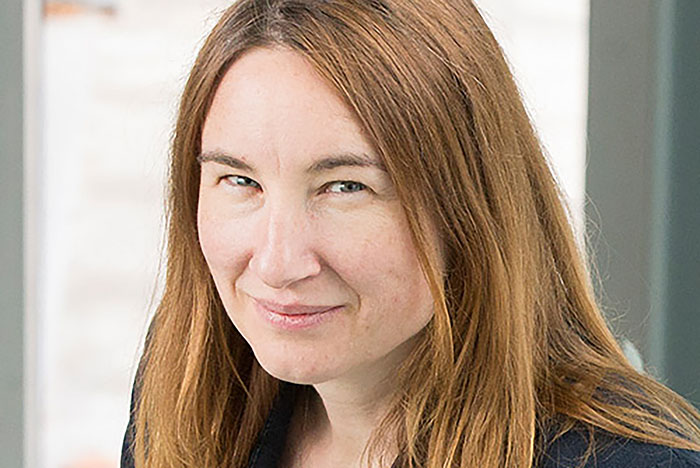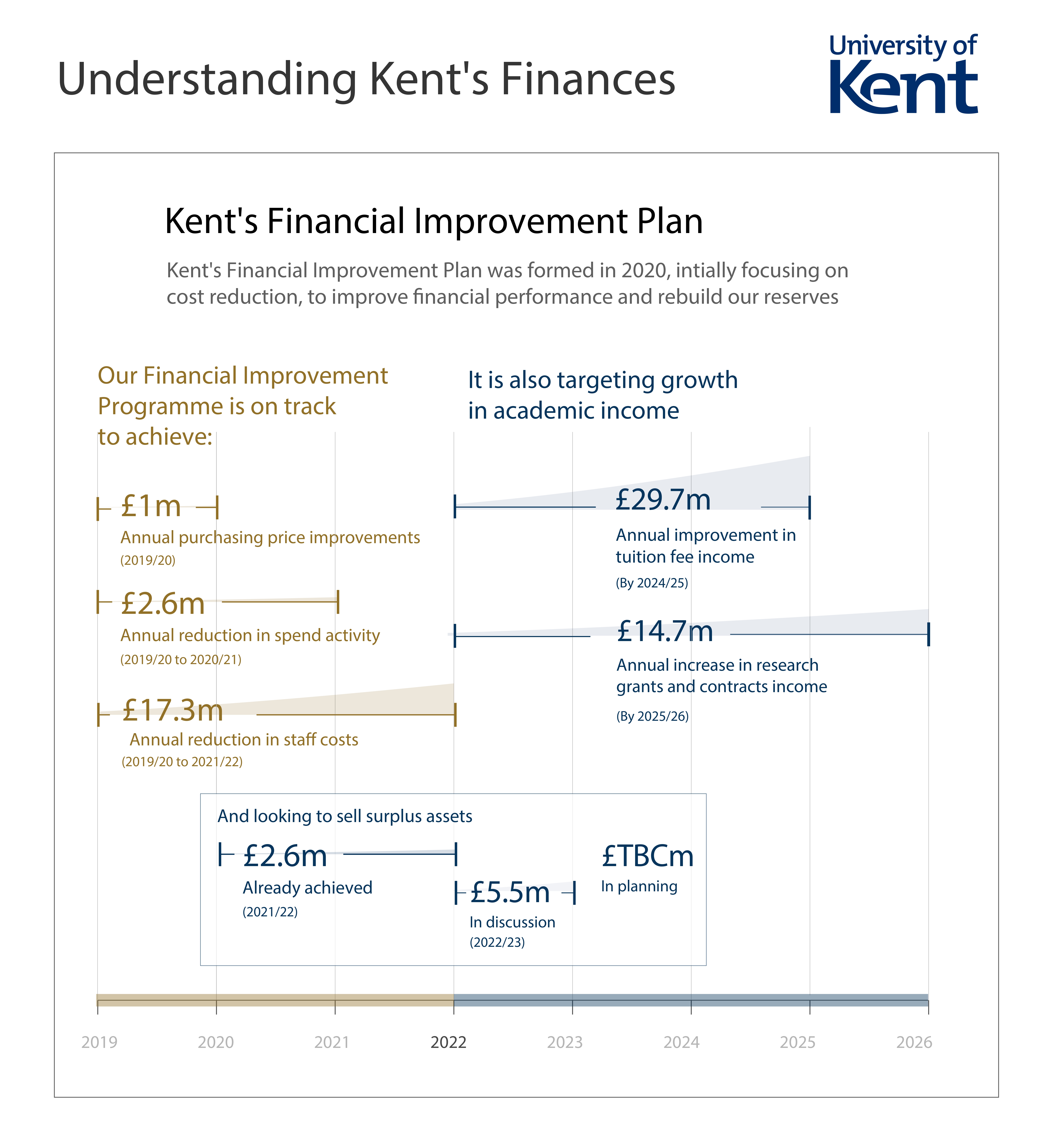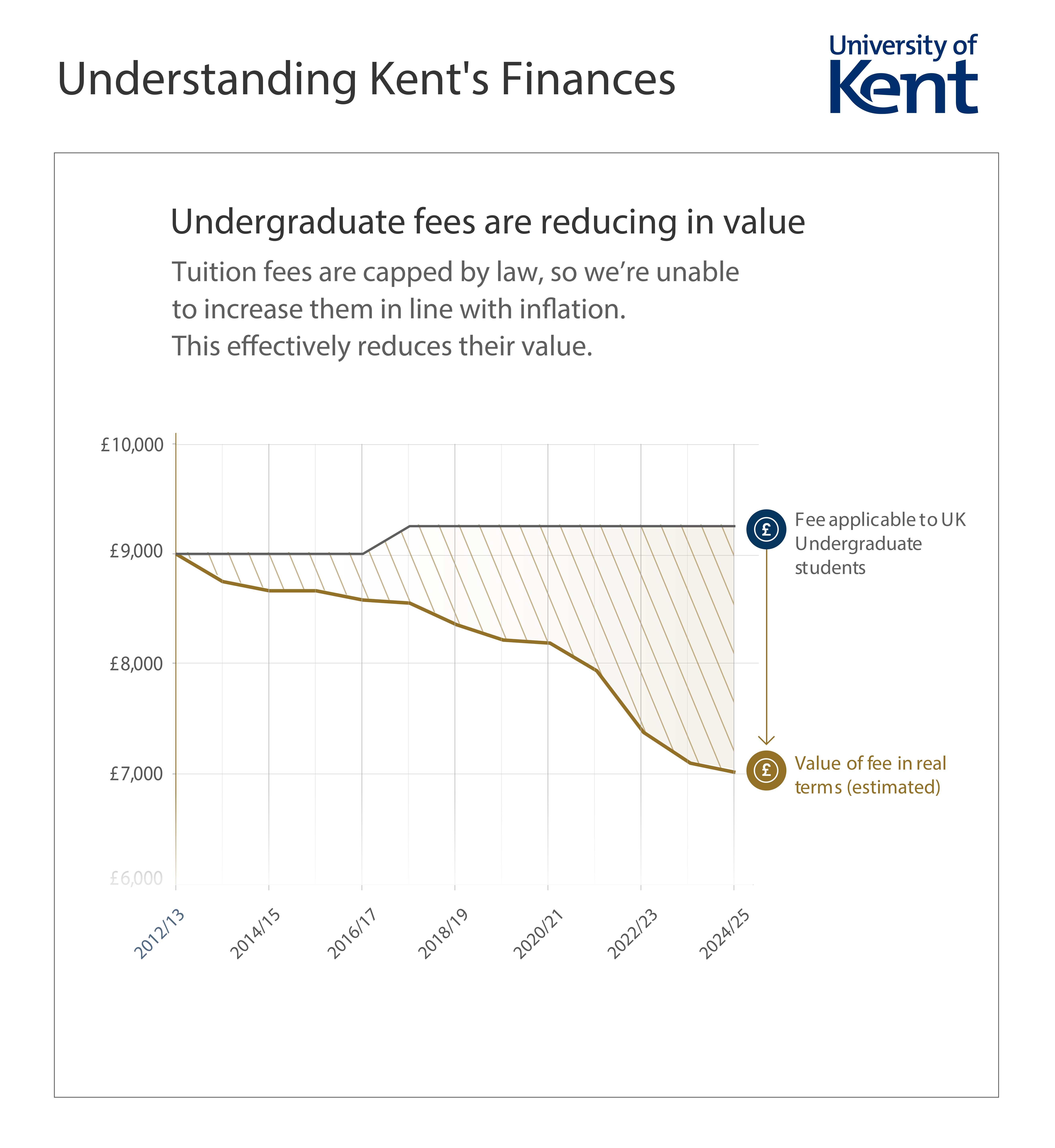Looking ahead to next year’s budget has meant reconciling two different, seemingly contradictory, positions. Our financial position has undoubtedly improved and we are on a much surer footing, including having the means to do more this year to invest in areas like employability, student facilities and enhanced equipment through successful capital funding bids, while also doing what we can to support staff with the cost of living pressures being faced. Meanwhile our underlying performance shows we still face challenges to balance the books, not helped by a number of external factors adding additional pressure on both ourselves and wider society. Income growth remains a key priority for us, while the reality of rising costs means we need to think carefully about where and what we are spending on and ensure a positive return from any investment made.
Despite this, it’s important we reflect on how much we have achieved together over the past 30 months during which we ran the Financial Improvement Plan. I know this has been far from easy, but we have delivered huge savings in both pay and non-pay activity which has put us in a much healthier position, while also giving us enough leeway to survive the rigours of Covid and even make some investment in key areas.
However, our ability to move faster and further is ultimately tied to how much we get in financially compared to how much we have to pay out. Despite the huge progress in recent years, this remains a tricky balance and we are having to weather significant external pressures that have only grown over that time – from rising energy bills and inflation to shifting student priorities leading to a national decline in student applications in some academic areas. Keeping a close eye on how we balance the equation is going to remain critical in the years ahead and we will all need to see this as a normal part of how we work as a University, ensuring we are agile and adaptive to opportunities and threats in an increasingly uncertain world.
With that in mind, our budgets for next year will require Divisions and Directorates to work their budgets harder and look for further ways to run operations more efficiently and economically, building on the collective efforts already delivered over the past two years. This isn’t just about good financial management, but will involve looking carefully at our processes and activities and determining where these can be simplified or improved – in some cases, we may even decide to stop doing things we’ve done previously. We need to ensure our academic delivery, research and innovation performance and professional support models are resilient and sustainable in the face of change and that we have the flex we need to deliver our wider objectives and take advantage of new opportunities. Part of this will be building on our fantastic REF results to ensure our Research & Innovation income catches up with the best of our peers, including investment in areas with funding potential – we will also need to continue work on how we deliver and support the reshaping of our academic portfolio, and enhance the experience our students have, including the opportunities they are provided with in their journeys through to employment.
Getting the right balance between being ambitious in our pursuit of a superb student experience while ensuring we are cost-efficient is never easy, but making the right adjustments where we can, to achieve it, will help all of us stay on track in the face of the wider pressures we face. Our immediate priorities are to attract, recruit and retain a sufficient number of students, ensure their time with us is as good as it can be through vibrant campuses and an ambitious, supportive teaching and learning environment, and deliver a high quality and growing research and innovation agenda. To achieve this, we need to have a stable and sustainable financial platform and I look forward to working with all of you to ensure we deliver this over the coming year.
Jane Higham | Chief Financial Officer


